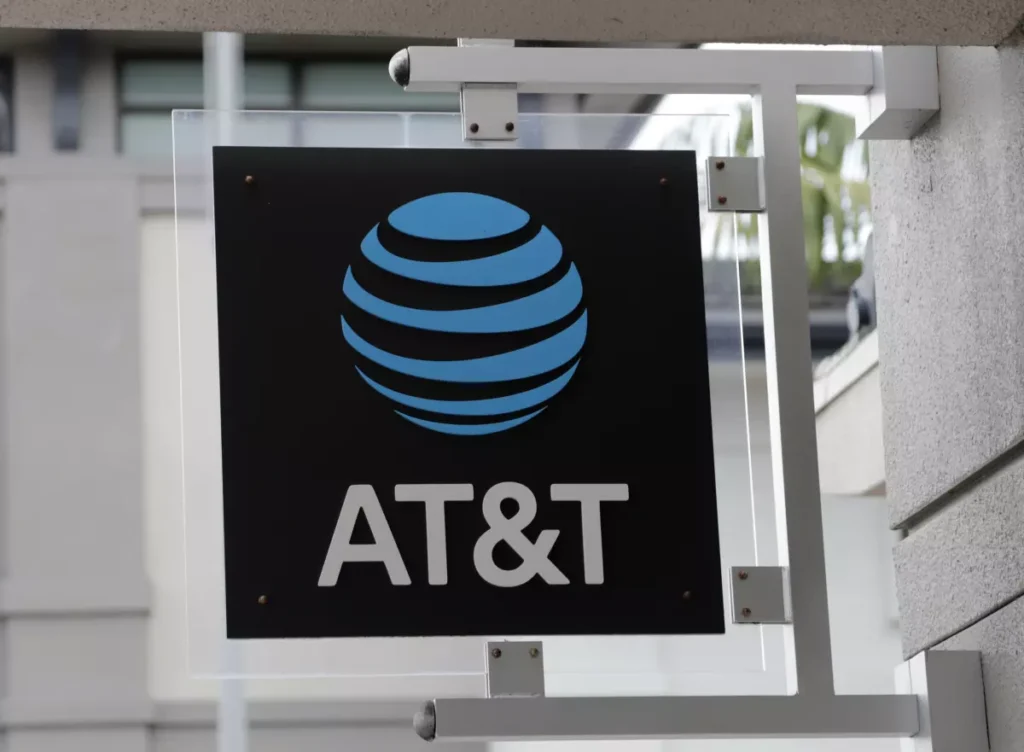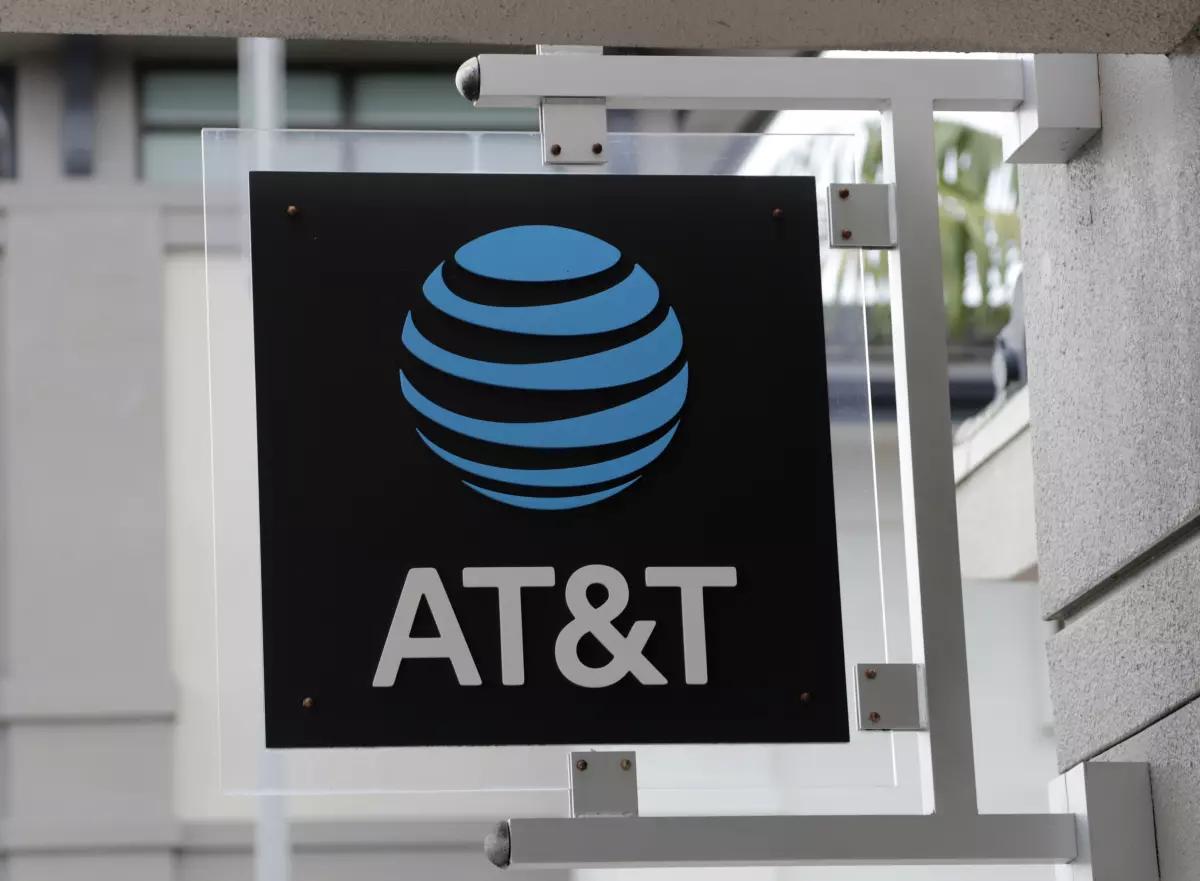Table of Contents
Your data may have been compromised long before the latest incident, which AT&T says affected 73 million current and former customers. AT&T began notifying impacted customers via letters or email starting in April.
Introduction
Finding out that your Social Security number is on the dark web can be alarming. With increasing data breaches, like the recent AT&T incident affecting millions, it’s crucial to know how to protect yourself. This article will guide you through the necessary steps to secure your identity and mitigate the risks associated with such a breach.
Understanding the Dark Web
What Is the Dark Web?
The dark web is a part of the internet that isn’t indexed by search engines. It requires special software to access and is often associated with illegal activities, including the sale of stolen personal information.
How Does Your Information End Up There?
Your information can end up on the dark web through various means, such as data breaches, phishing attacks, or malware. Once exposed, it can be bought and sold by cybercriminals.
Read More: Copilot Plus PCs: Microsoft’s Bold Move to Outshine the MacBook Air
Immediate Actions to Take
Confirm the Breach
If you receive a notification that your Social Security number is on the dark web, verify the source of this information. Ensure it’s from a credible source like your bank, a credit monitoring service, or the company involved in the breach.
Monitor Your Credit Reports
Regularly check your credit reports for any suspicious activity. You can get a free credit report annually from each of the three major credit bureaus (Equifax, Experian, and TransUnion).
Place a Fraud Alert
Placing a fraud alert on your credit reports makes it harder for identity thieves to open accounts in your name. This alert informs creditors to take extra steps to verify your identity before extending credit.
Enhancing Your Security

Freeze Your Credit
Consider freezing your credit. This prevents new creditors from accessing your credit report entirely, making it nearly impossible for identity thieves to open new accounts in your name.
Use Strong, Unique Passwords
Use strong, unique passwords for all your accounts. Avoid using the same password across multiple sites. Consider using a password manager to keep track of your passwords securely.
Enable Two-Factor Authentication
Two-factor authentication (2FA) adds an extra layer of security to your accounts by requiring not just a password but a second form of verification.
Read More: Remembering Dickey Betts: Allman Brothers Co-Founder and Southern Rock
Protecting Your Online Presence
Be Cautious with Personal Information
Be mindful of the personal information you share online. Avoid posting sensitive information like your birth date, address, or phone number on social media platforms.
Use Secure Payment Methods
Use digital wallets or other secure payment methods when shopping online to reduce the risk of your information being stolen.
Regularly Update Your Software
Keep your software and operating systems up to date to protect against security vulnerabilities. Enable automatic updates when possible.
Long-Term Solutions
Monitor Your Accounts
Regularly monitor your bank and credit card accounts for unauthorized transactions. Report any suspicious activity immediately.
Consider Identity Theft Protection Services
Identity theft protection services can help monitor your personal information and alert you to potential threats. Some services also offer insurance and assistance if your identity is stolen.
Stay Informed About Data Breaches
Stay updated on data breaches that might affect you. Websites like Have I Been Pwned can help you check if your email addresses have been involved in a breach.
Handling a Compromised Social Security Number
Report Identity Theft
If you suspect your Social Security number has been misused, report it to the Federal Trade Commission (FTC) at IdentityTheft.gov. This site provides a recovery plan tailored to your situation.
Contact the IRS
Notify the IRS if you believe your Social Security number is being used for tax fraud. They can provide you with a unique PIN to secure your tax filings.
Request a Credit Freeze
In addition to placing a fraud alert, you can request a credit freeze to restrict access to your credit report. This is a more robust measure that prevents new accounts from being opened in your name.
Why Hasn’t AT&T Contacted Me?
Understanding Notification Procedures
Companies have different procedures for notifying customers affected by data breaches. If you haven’t been contacted by AT&T, it might be due to outdated contact information or their notification process is still ongoing.
Steps to Take If You Haven’t Been Notified
Even if you haven’t been notified, take proactive steps to secure your information. Monitor your accounts and consider contacting AT&T to verify if you were affected.
Conclusion
Finding your Social Security number on the dark web is a serious issue that requires immediate and ongoing actions to protect your identity. By following the steps outlined in this article, you can mitigate the risks and safeguard your personal information.
FAQs
What Should I Do First If My Social Security Number Is on the Dark Web?
First, confirm the breach and then place a fraud alert on your credit reports. Monitor your accounts closely for any unusual activity.
Can I Remove My Information from the Dark Web?
Unfortunately, once your information is on the dark web, it’s nearly impossible to remove it. Focus on protecting your identity and monitoring for misuse.
How Can I Protect My Social Security Number?
Use strong passwords, enable two-factor authentication, and be cautious with sharing personal information online. Regularly monitor your credit reports and consider freezing your credit.
Should I Pay for Identity Theft Protection Services?
Identity theft protection services can offer additional security and peace of mind. Evaluate the services and choose one that best fits your needs.
How Often Should I Check My Credit Reports?
Check your credit reports at least once a year. If you suspect your information is compromised, monitor your reports more frequently.

